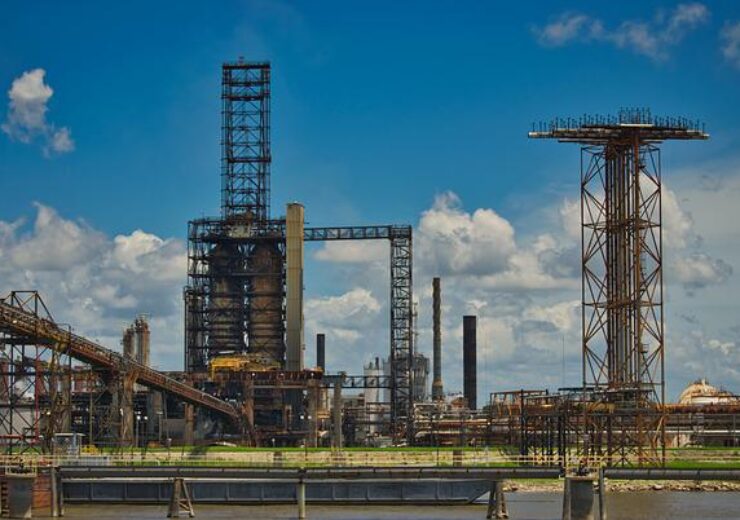As per the company’s filing on the PSX, the project is aimed at doubling the refining capacity of Pakistan Refinery from its existing crude processing capacity of 50,000 barrels per day to 100,000 barrels per day

Pakistan Refinery aims to double its capacity to 100,000 barrels per day through the project. (Credit: Thomas H. from Pixabay)
Pakistan Refinery (PRL) has signed a front end engineering design (FEED) contract with Wood Group UK for its $1.2bn refinery expansion and upgrade project (REUP) in Pakistan.
As per the company’s filing on the Pakistan Stock Exchange (PSX), the project is aimed at doubling the refining capacity of Pakistan Refinery. It will increase the existing crude processing capacity of 50,000 barrels per day to 100,000 barrels per day.
The hydro skimming refinery, which is planned to be made into a deep conversion refinery, is located on the coastal belt of Karachi.
Currently, it processes crude oil into a range of distilled petroleum products like furnace oil, kerosene oil, high speed diesel, motor gasoline, jet fuel, naptha, and others.
The refinery operates at two locations, with the main processing facility located at Korangi Creek. The associated crude berthing and storage facility is at Keamari.
Pakistan Refinery had previously revealed that it engaged a consortium of financial institutions as its financial advisor for local financing requirements of the refinery expansion and upgrade project.
The company expects the FEED work to begin in the current financial year and is targeting to wrap it up by August 2023. Following this, it will take steps towards reaching financial close and awarding the engineering procurement and construction (EPC) contract.
By upgrading the crude oil refinery in Karachi, Pakistan Refinery will produce EURO V compliant environment-friendly high speed diesel and motor spirit fuels.
The refinery will also be able to convert fuel oil to produce valued added products following the expansion and upgrade project. Besides, the company aims to significantly reduce the production of high sulphur furnace oil (HSFO) following the completion of the project.
